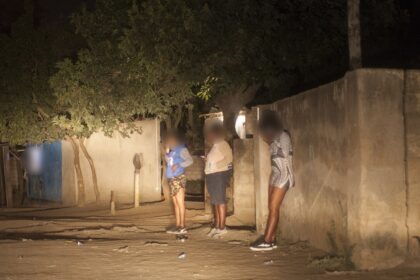Gozho: COVID-19 affected women participation in Parliament
Proportional Representation legislator Cathrine Gozho says COVID-19 which was declared a global pandemic by the World Health Organisation (WHO) affected women’s participation in Parliament this year.
In a bid to reduce the spread of the virus, Parliament has adopted a hybrid format where most legislators participate through the virtual system while a few will attend physically.
However, the virtual system has had its challenges that range from the poor network, poor audio quality, and technical expertise from Parliament Zimbabwe and the legislators themselves.
A handful of female legislators have been able to participate fully using the virtual system.
In an interview on why there have been a few women legislators participating, Honourable Cathrine Gozho blamed the criteria that is being used for the virtual system.
She said there is too much competition for the opportunity to speak from legislators and legislators don’t always get a chance.
‘’The biggest challenge to women’s participation in Parliament this year is the issue of COVID-19 which has affected physical meetings. Most of the MPs are required to participate virtually and we submit our names to Chief Whips and because there are many of us, at times you are not picked.
‘’Parliament is a House of order and there is a prescribed order where we must submit names to the Chief Whips and when you do, at times many others would have submitted theirs ahead of you so it’s a challenge because question time is limited as you are aware.
‘’But when we get the opportunity, we do participate, and we do ask questions as well. For example, towards the end of the year, if you check with the Parliament Hansard, I got the opportunity and ask questions related to rape victims.
‘’I was enquiring on who foots the medical bills for rape victims. So, if you read the Hansard, you will see that women do participate but just that this year COVID-19 stood in our way,’’ she said.
Honourable Gozho is in Parliament courtesy of the women’s quota (Proportional Representation). She is serving her first term in Parliament having been elected in the 2018 general elections.
Zimbabwe has about 60 seats in the National Assembly under the Proportional Representation clause that came into effect in 2013. The quota came out of the realisation that women have been marginalised for a long time and are not able to contest with their male counterparts unless they are capacitated.



